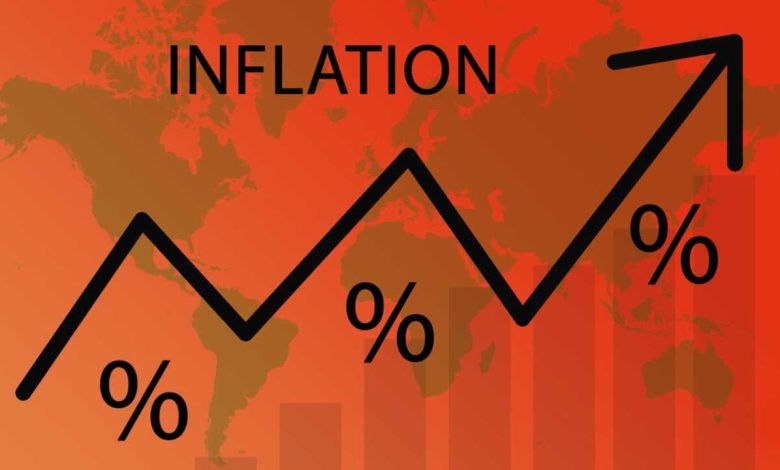
The World Bank, headquartered in Washington, has projected a significant rise in Nigeria’s inflation rate.
POLITICS NIGERIA reports that this was made known in a recent report published in the June 2023 edition of the Nigeria Development Update.
The bank predicts that the inflation rate will hit 25% in the coming months, attributing this surge to the adverse impact of fuel subsidy removal.
This projection follows the recent increase in the pump price of petrol, soaring from N197 per litre to over 500 per litre after the removal of subsidies in June.
The National Bureau of Statistics reports that Nigeria’s current inflation figure is 21.41%. However, the World Bank emphasises that this figure is expected to climb to 25% by 2023.
Despite this alarming projection, the World Bank suggests a potential decrease in headline inflation during the first quarter of 2024. The removal of subsidy is anticipated to have a disinflationary effect, relieving inflationary pressures, despite the higher petrol prices.
Explaining their outlook, the World Bank states, “Headline inflation is expected to rise from 18.8% in 2022 to 25% in 2023. However, by Q1 of 2024, the subsidy removal will start to have a disinflationary effect, alleviating inflationary pressures despite higher petrol prices. This is because the subsidy removal creates additional fiscal space and reduces reliance on financing from the CBN, curbing the growth of the money supply.”
In light of these projections, the World Bank urges the Nigerian government to implement macro-fiscal policy measures that promote price stability and provide palliative measures to mitigate the impact of fuel subsidy removal.
“To limit the risk of so-called second-round effects, where one-off price increases trigger more generalised inflation, including through wage-price spirals, it will be important to adopt macro-fiscal policy settings conducive to price stability,” the report said.
